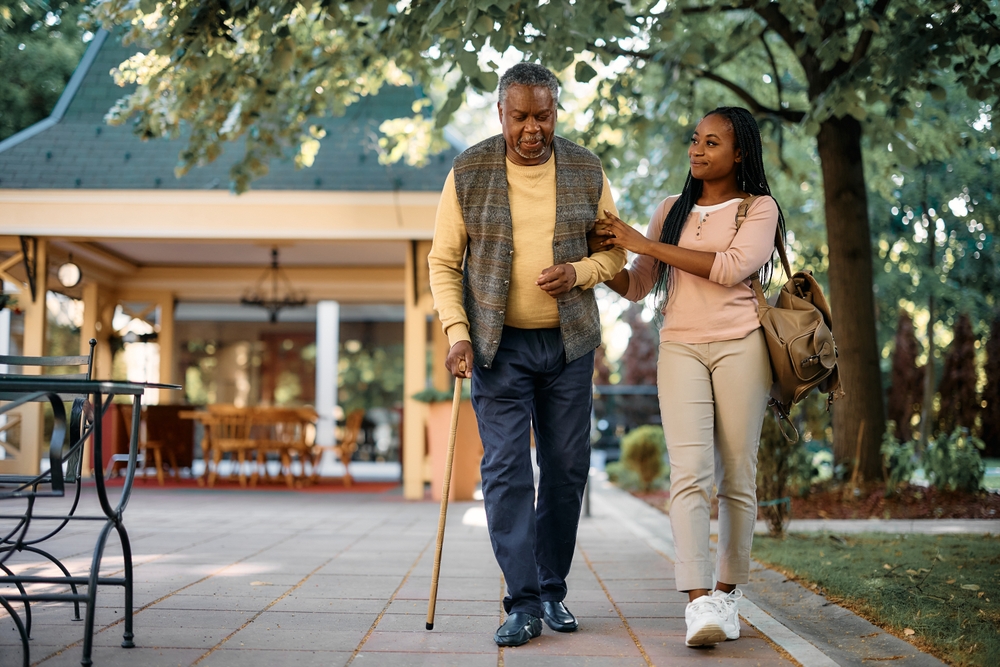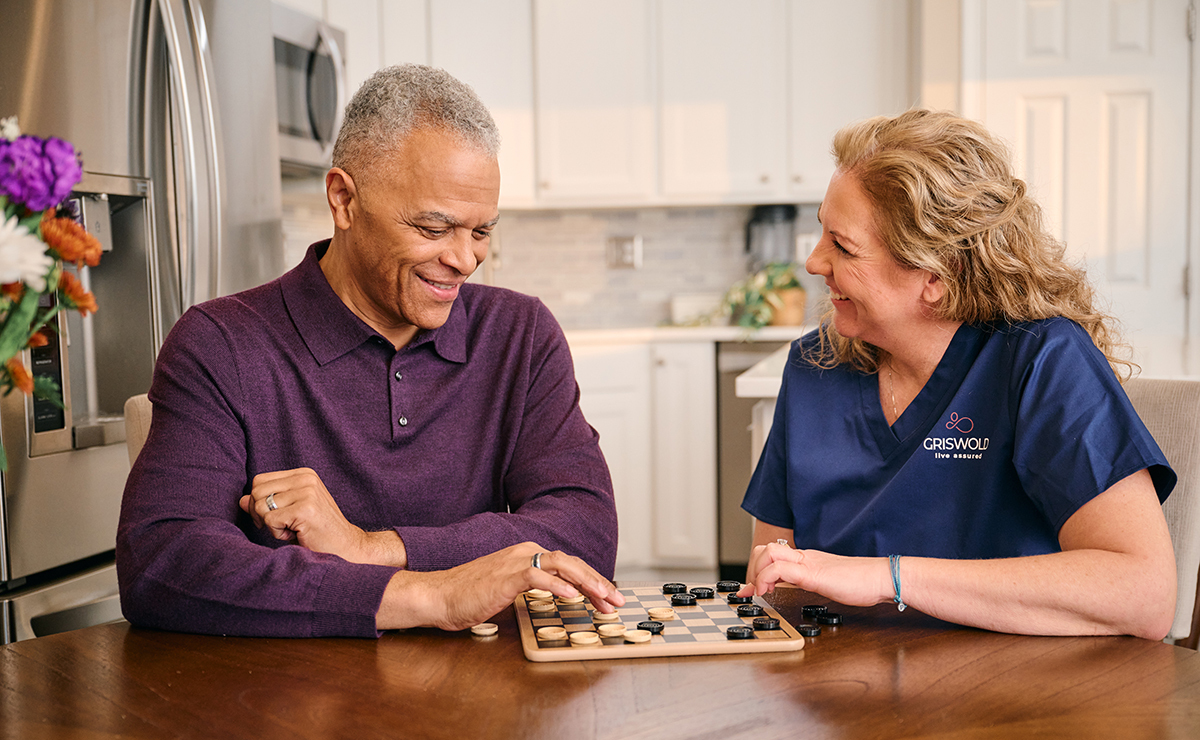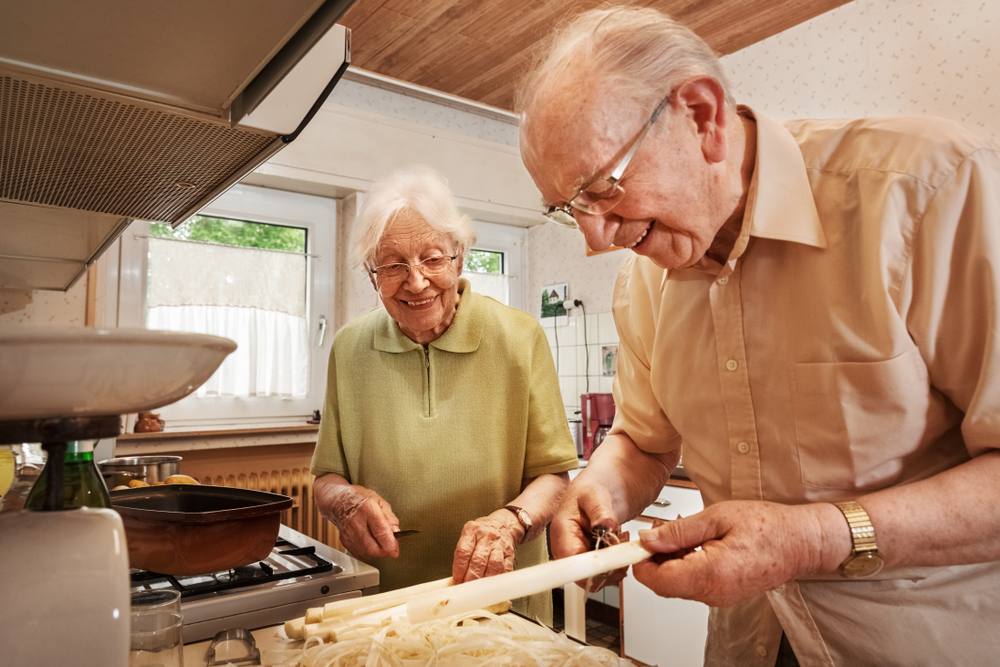Advantages of Aging in Place
Category:

As the population of the United States grows older, many seniors wish to age in place. Aging in place refers to an elderly person choosing to stay in their home and community as they age, rather than move into a nursing home or assisted living facility.
Why do seniors want to stay in their homes? Well, the answer may actually be more simple than you think. It is not because your senior loved ones are stubborn or trying to make things more difficult for you. Consider all the memories you have in your own home. A special dish may remind you of your favorite holiday, or a squeaky door might make you recall the night it gave you away when you were trying to sneak in late. Additionally, our homes are familiar. We can get around them in the dark, we know exactly where everything can be found. There is comfort in the familiar.
But it isn’t just familiarity and comfort that make seniors want to stay in their own homes as long as possible. There are actually many advantages of aging in place.
Download Our FREE Live-In Care Guide
Benefits of Aging in Place
Maintaining a Sense of Independence. As we age, we lose our ability to do things we took for granted when we were younger – climbing a ladder to put the decorations away, shoving the couch out of the way when the cat loses his toy underneath. When we start to lose the ability to do some of those mindless everyday activities, the ones we CAN still do become even more important – and many of these things are easiest in our own homes. The morning hygiene routine, making meals, getting ourselves a snack. All of these things would require asking for help in an assisted living location. Preserving a sense of independence and knowing you can do things for yourself improves mental health as well.
Community and Support Networks. Some of us have had the same neighbors for our entire lives, and as a result,t we watch out for each other. An elderly person knows that if their neighbor across the street doesn’t see them collect their mail, they will knock on the door to make sure everything is alright. The sense of belonging and knowing there are people we know and trust watching out for us helps us feel safe and secure as we age. It may also be easier for family and friends to visit in a location they know and are comfortable in as well.
Financial Benefits. Assisted living and nursing home care are unfortunately expensive, especially for someone living on a fixed income. Making simple modifications to the home is likely still cheaper than moving into someplace new. Things like adding grab bars and non-slip rugs, moving end tables and cords away from areas where you frequently walk, and putting nightlights in dark hallways are all relatively easy, inexpensive modifications to make the home safer for the elderly.
Some other aging-in-place benefits include being able to do activities in the home that may not be possible in a place like a nursing home – like gardening or other hobbies that take up a significant amount of space. Bellowed pets can stay with their people as well, a benefit to both the human and the animal.
We want our loved ones to be healthy and safe, but we also want them to be comfortable and happy. There are many state and local resources and programs to help make aging in place work for you and your loved ones.
To learn about our home care services, contact our caregiving team today at 1-800-GRISWOLD or find a Caregiver near you.
Subscribe
Date: 2025-02-13
Category:


